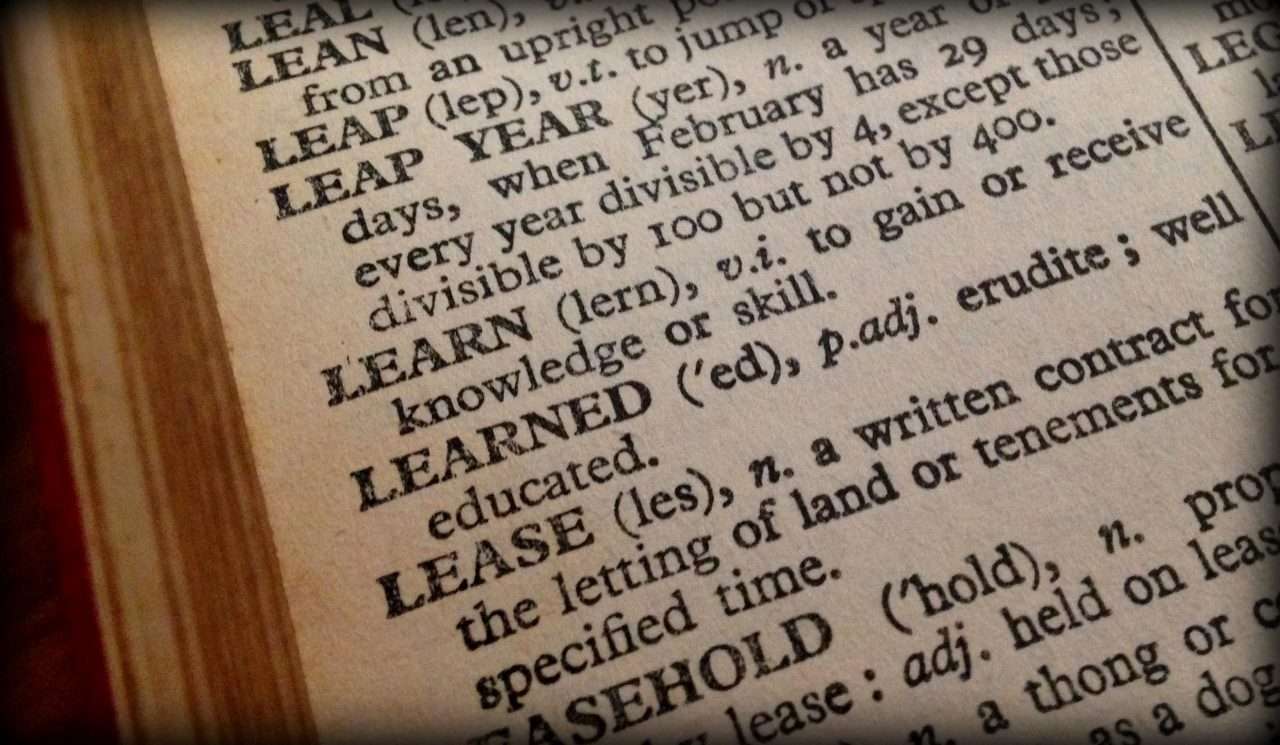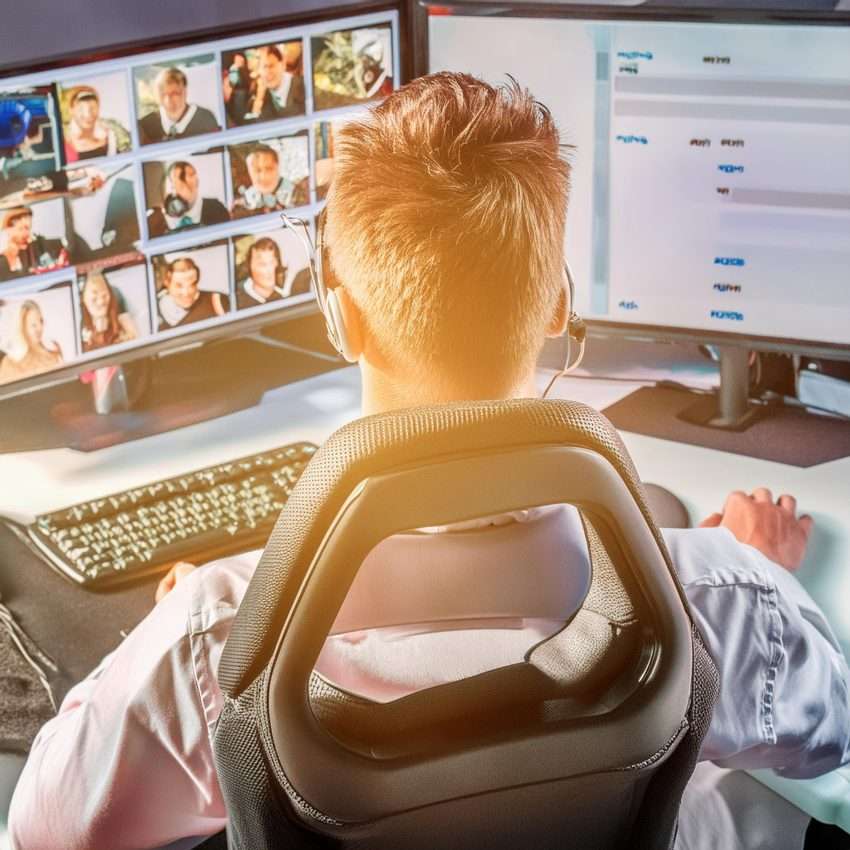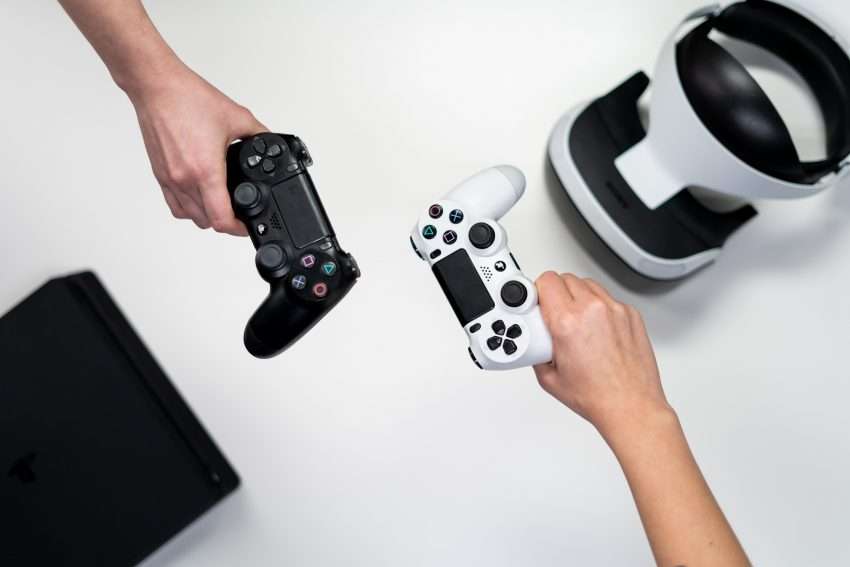The best way of learning is by doing. The more we do something, the better we get at it. How often do students finishing their long years of university study feel lost when facing their new professional challenge, which, in the end, they end up mastering thanks to practice? The key is in praxis: the more we practice, the more we perfect our skill.
This same idea is perfectly applicable to the development of soft skills, the skills that strengthen our personal and professional development and, therefore, the ones that differentiate us from everyone else, above and beyond our technical expertise. The greatest risk involved in learning management skills is the chance of making a mistake. However, error is part of the day-to-day work of any learning process. So, how is it possible to learn without risk? Through the use of simulators.
There are already simulators on the market for developing soft skills, like negotiation simulator Merchants and time management simulator Triskelion, that allow the user to learn without risk in a scenario that emulates real situations. The development of management skills requires them to be put into practice. With simulators, the ground-zero of serious games, students receive personalized feedback and constant evaluation, ensuring that they learn.
Without the “simulator” effect, the exercise of management skills through video games would not be possible. We learn the most when we set goals for ourselves, beyond grades. If we find applicability in the material, appealing content, and we eliminate the fear of failure related to the training aspect, the result of skills practice through simulators is very positive. When we find ourselves under these conditions, we are looking at g-learning, in other words, the trend of learning by doing.
en otras palabras, ante la tendencia de aprender haciendo.






Eesha Zaveri
Eesha Zaveri
Nice blog, information provided on training simulation was very helpful. Thanks for sharing with us.